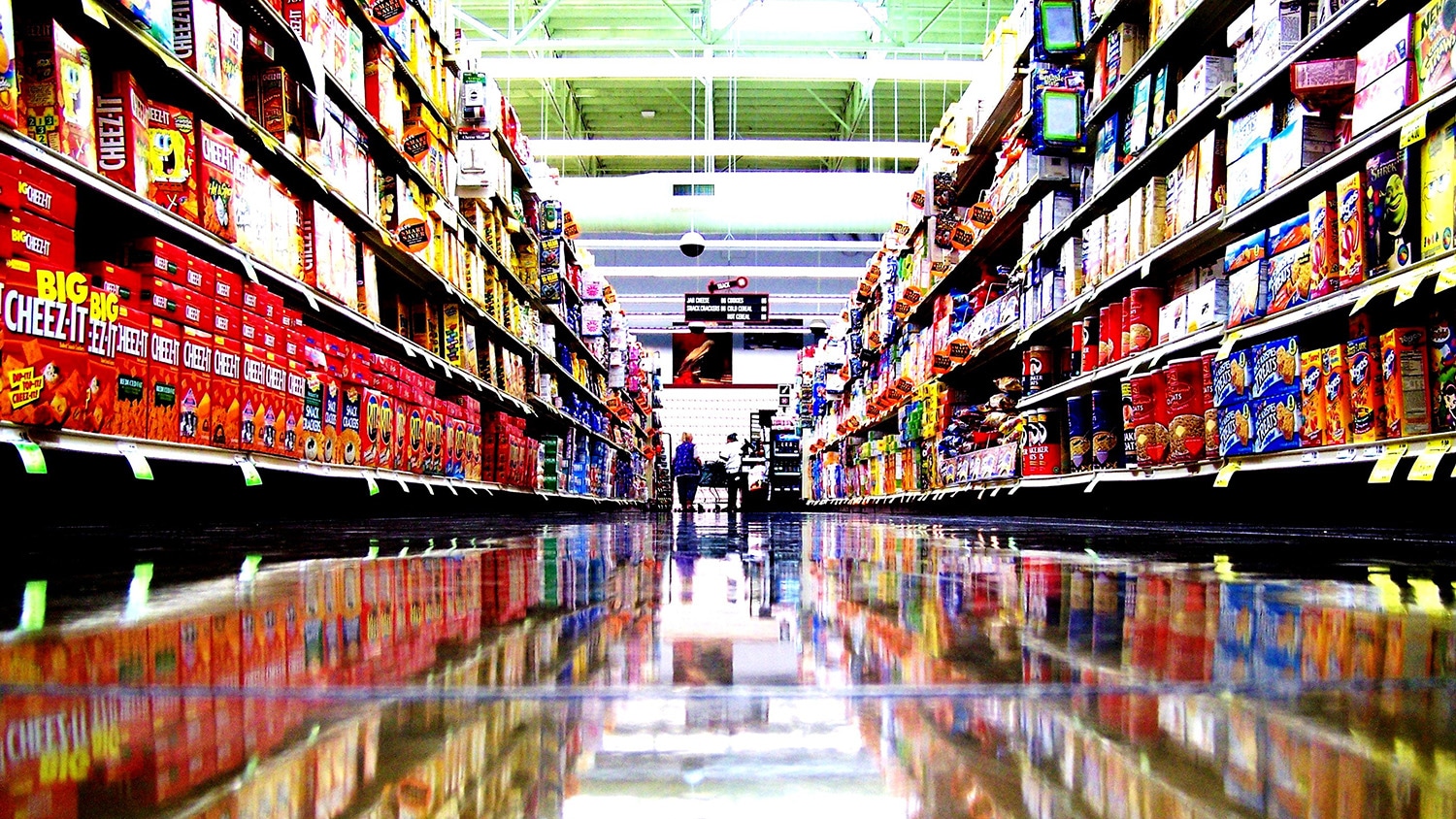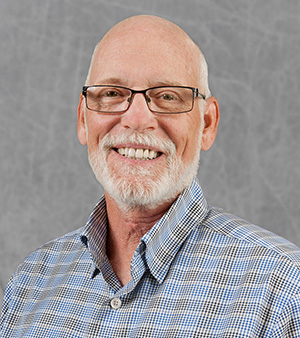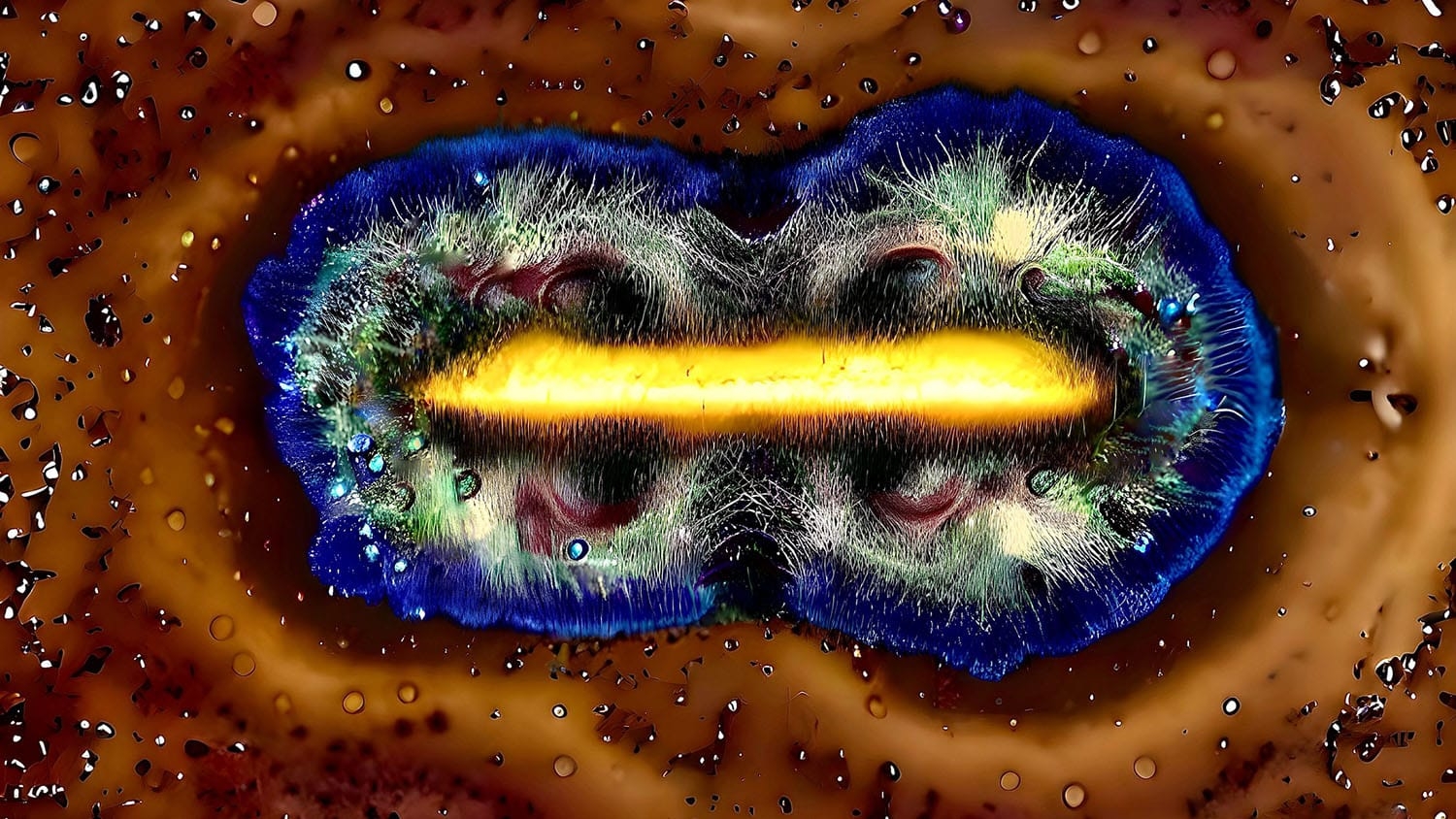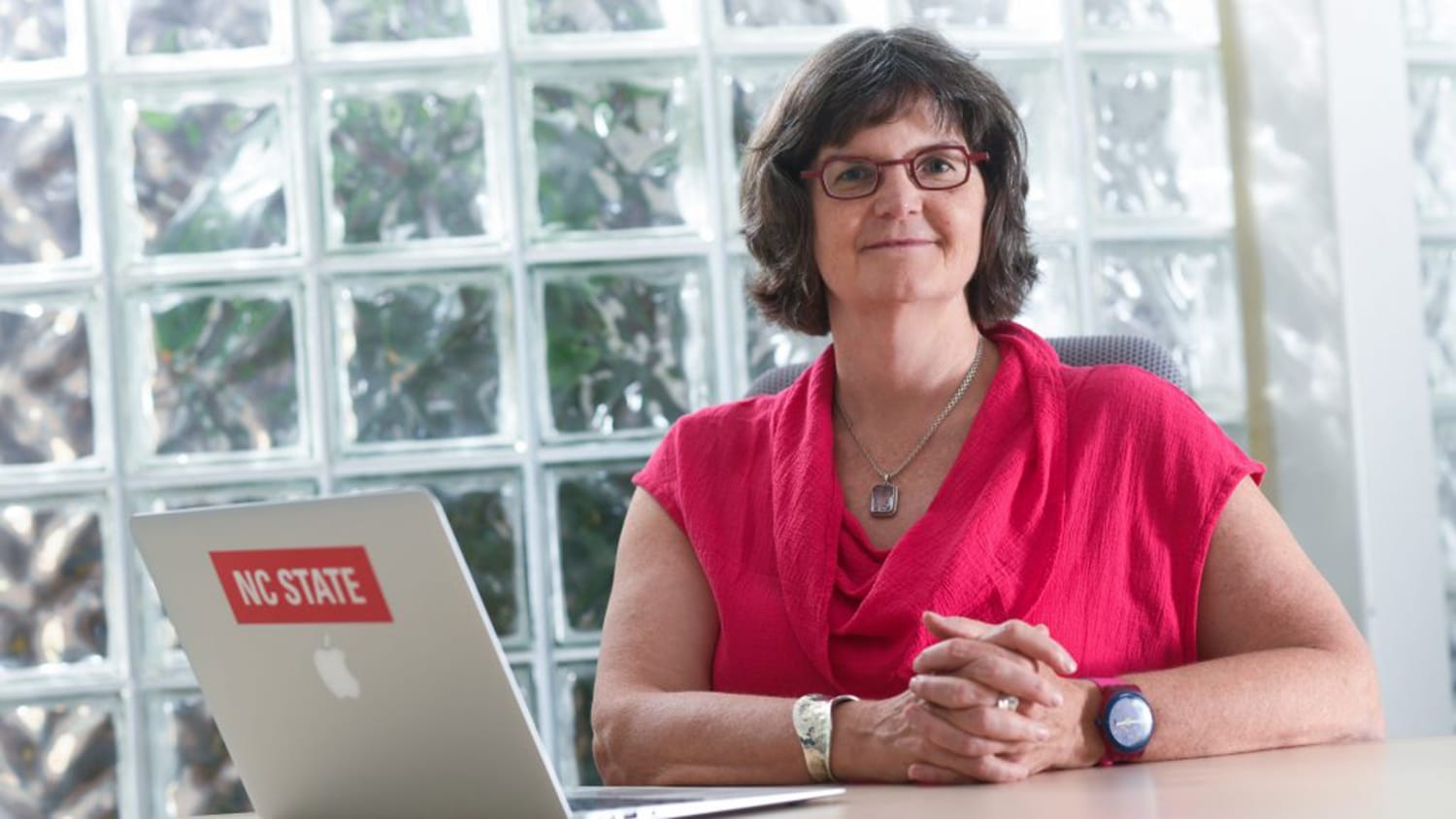The Value of Science Is Reflected in Your Everyday Decisions

Editor’s Note: This is a guest post by Gerald LeBlanc, head of NC State’s Department of Biological Sciences. This is the first in a series of posts from NC State researchers that address the value of science, technology, engineering and mathematics.
There’s been a fair amount of discussion recently about the value of science and whether it’s worth supporting. But, consciously or unconsciously, science drives nearly every decision that we make in our lives. We are constantly making choices based upon benefits and risks. Most often, the information used to make these decisions are science-based.

Take for example, the weekly trip to the grocery store to stock up on supplies.
Upon entering the store, you pass the courtesy desk where you note the cigarettes arranged by brand on the back wall. Scientists have shown that cigarettes, once a symbol of status, pose significant health risks. The risks associated with smoking outweigh the benefits and you choose to walk past the counter.
Next up is the produce section, where you stock up on green leafy vegetables. Why? Aside from tasting good, you’re aware that they are good for you. Cabbages, collards, spinach and the like are a great source of vitamins, fiber, and nutrients. They protect against a variety of ailments to promote good health. Science has packed our psyche with this knowledge.
Suddenly, you notice a bin of red perilla. The maroon, serrated leaves are very appealing, but you’ve never heard of this vegetable. How do you know it’s not poisonous or unpalatable? You assume that the plant has been studied, by scientists, and found to be both safe and palatable. You give it a try. You make a mental note to wash your newly discovered exotic vegetable thoroughly when you return home. Why? Because vegetables can carry harmful bacteria. Better to be safe, so say the scientists.
In the meat section, the sirloin steaks and beef roasts on display look great, but you’re aware that too much red meat poses risk of heart disease. You make a science-based decision and choose the tilapia.
Your medication for high blood pressure is ready for pick-up at the pharmacy. Drugs can be very dangerous, yet you take this drug faithfully. How do you know that this drug is both efficacious and safe at your daily dose? You have confidence that the drug has been thoroughly studied – by scientists – and proven to be both effective and safe.
Faith and science are often viewed as being at opposite ends of the spectrum of knowledge. However, on the contrary, both are inexorably intertwined, as science gives us faith in our everyday decisions.
I’m a scientist, and my job is to unravel the mysteries of how the world works, one question at a time. Over hundreds of years, answering these questions has allowed people to live longer, healthier, more productive lives. A lot of the questions we answer won’t lead to products or services that make a company money. But they contribute to the fund of knowledge that affects everyone’s standard of living. That’s why science is a service worth paying for.
This post was originally published in NC State News.
- Categories:


